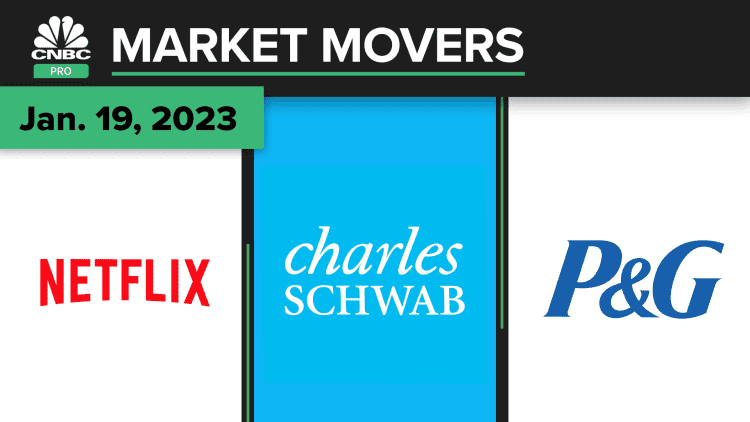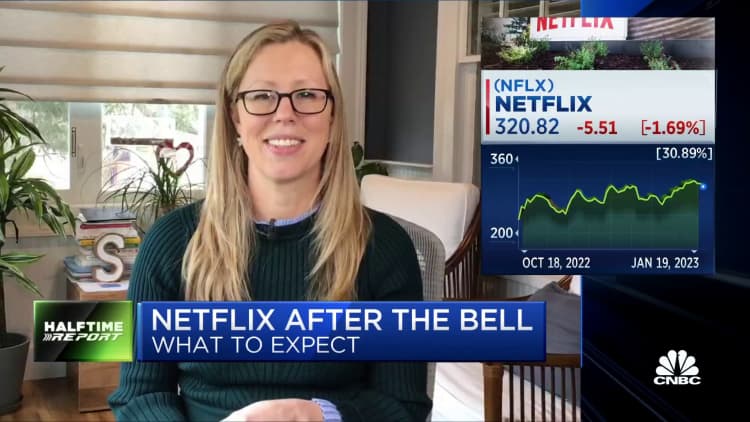
Stocks fell Thursday as investors grew increasingly concerned the Federal Reserve will keep raising rates despite signs of slowing inflation.
The Dow Jones Industrial Average lost 252.40 points, or 0.76%, to 33,044.56, posting its third down day in a row and giving up its gains from the new year's rally. The 30-stock index is now down 0.31% in 2023.
Meanwhile, the S&P 500 fell 0.76% to 3,898.85, and the Nasdaq Composite shed 0.96% to end the session at 10,852.27. Both indexes are still positive for the year.
All of the major averages are on pace for their first negative week in three. The Dow is down 3.67% and on pace for its worst weekly performance since September. The S&P and Nasdaq have each lost more than 2% on a weekly basis.
"After the market practically grazed our near-term SPX fair value estimate intraday [4,014 both Tuesday and Wednesday] stocks slid and acted like they needed a breather," said Christopher Harvey, Wells Fargo Securities head of equity strategy. "The factors driving the sharp YTD rally (short covering, risk bid and lower yields) appear to be hitting their near-term bounds. This will likely will cause the market to trade sideways-to-down over the short term."
Stocks extended their slide on Thursday after initial filings for unemployment insurance fell to their lowest level since September, the Labor Department reported, signaling to investors that the labor market is resilient amid a slowing economy.
"Despite all the big-tech post-pandemic layoffs, the jobs market remains hot," said Ed Moya, senior market analyst with currency data and trading firm Oanda. "The labor market needs to break to allow the Fed to comfortably keep rates on hold."

Claims totaled a seasonally adjusted 190,000 for the week ending Jan. 14, a decline of 15,000 from the previous period. Economists surveyed by Dow Jones had been looking for 215,000.
Investors have been parsing other recent economic data and Fed remarks for clues on how high rates will go. But, while recent numbers point to easing inflation, JPMorgan Chase CEO Jamie Dimon thinks rates will top 5%.
"I think there's a lot of underlying inflation, which won't go away so quick," Dimon told CNBC's "Squawk Box" from the World Economic Forum in Davos, Switzerland.
Elsewhere, investors are watching key quarterly reports to see if there is an earnings recession brewing. Netflix will report earnings after the bell.
Lea la cobertura del mercado de hoy en español aquí.
Correction: Initial filings for unemployment insurance fell to their lowest level since September. An earlier version of this story misstated the month.


